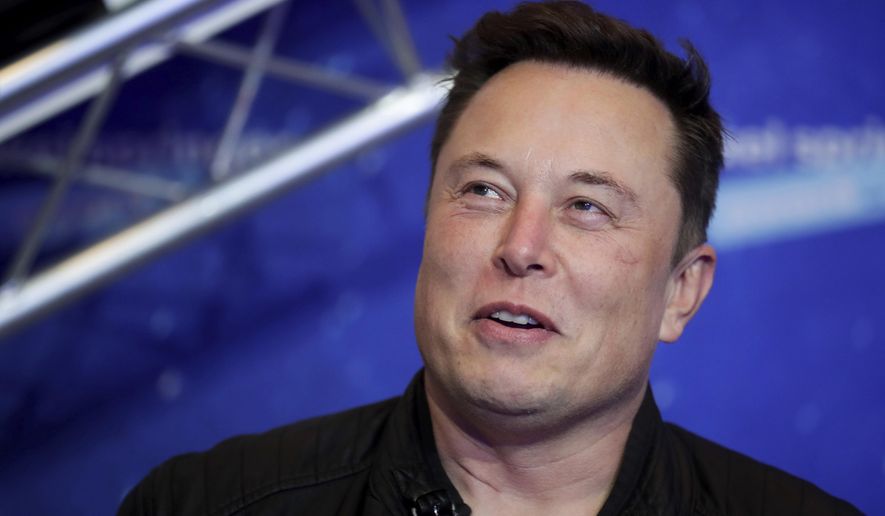A new biography of billionaire Elon Musk sheds light on how much control the tech mogul had over the war in Ukraine.
The book, written by biographer Walter Isaacson, says Mr. Musk denied an emergency request from Ukraine to activate Starlink technology over the Crimean cost.
“There was an emergency request from government authorities to activate Starlink all the way to Sevastopol. The obvious intent being to sink most of the Russian fleet in anchor,” Mr. Musk confirmed on X. “If I had agreed. to their request, then SpaceX would be explicitly complicit in a major act of war and conflict escalation.”
Sevastopol is a port city in Crimea.
Mr. Isaacson wrote that Mr. Musk was afraid of a “mini-Pearl Harbor” that could have resulted from the Ukranian attack. The SpaceX CEO felt that if the attack were successful, Russian forces would have countered with nuclear weapons.
The Ukrainian military command was furious after learning Mr. Musk refused to establish contact with the Starlink network in Crimea and begged him for access. The deputy prime minister of Ukraine pleaded with Mr. Musk over text, detailing the necessity of the drones targeting the fleet. Although he was impressed with the technology, Mr. Musk still refused to restore connectivity in Crimea.
If Mr. Isaacson’s book, titled “Elon Musk,” is true, the episode illustrates the power the tech mogul has over communications in the war in Eastern Europe. Mr. Musk initially was enthusiastic about providing Ukraine with copious amounts of Starlink satellites after the Russian military disrupted the country’s communications systems shortly after its invasion in February 2022. After the Ukrainian military began utilizing the satellites, Mr. Musk changed his tune.
“Starlink was not meant to be involved in wars,” he told Mr. Isaacson. “It was so people can watch Netflix and chill and get online for school and do good peaceful things, not drone strikes.”
Despite his reservations, Mr. Musk and SpaceX, which makes the satellites, continue to pay for the technology for use in Ukraine and consumer purposes.
Update: After the publication of this story, author Walter Isaacson clarified his claim that Elon Musk turned off access to Starlink technology around the Crimean coast to say that the region never had access to the technology. The story has been updated to reflect that clarification.
• Vaughn Cockayne can be reached at vcockayne@washingtontimes.com.




Please read our comment policy before commenting.